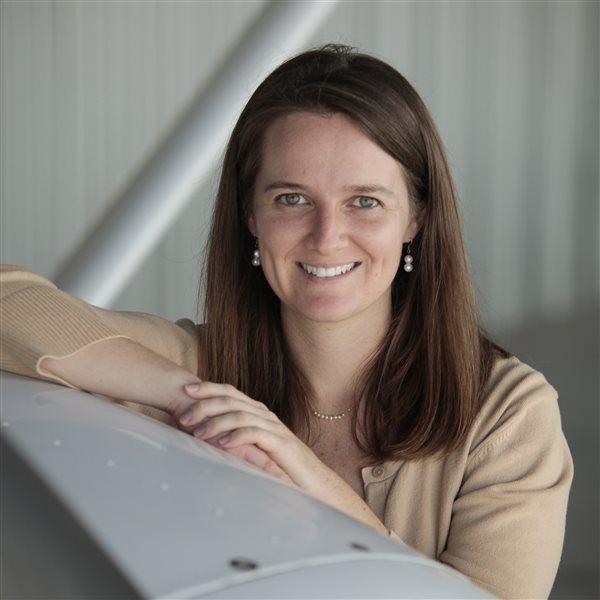Massachusetts pilot Steve Kahn can breathe a sigh of relief. After four years of fighting a nearly $26,000 tax bill from the Maine Revenue Service, the Supreme Judicial Court of Maine on April 26 vacated the ruling of a lower court, ordering the state tax assessor “to reverse all use tax and interest assessed” on Kahn.
“It's a big relief and a huge vindication,” Kahn told AOPA in an email interview. “It's been 4 long years. I am only sorry that it wasn't a more decisive victory for the general aviation community. The court has left the door open to interpretation about how many days one can fly into the state before it becomes ‘sufficiently substantial’ from a taxing perspective.”
AOPA is, however, working on a more permanent solution in the state legislature.
A law in effect at the time of Kahn’s flights allowed aircraft on the “ground in the state ‘more than a de minimus level,’” to be taxed if the “owner had not paid equivalent sales tax to another state” and the aircraft “was not purchased and used for more than 12 months before it became physically present in Maine.”
Kahn, who purchased a Cirrus SR22 from Cirrus Design in Minnesota on Nov. 4, 2002, and returned to his home in Massachusetts, spent at least 21 days in Maine with his aircraft within the 12-month period. Some flights were personal to his summer home in Maine, some were for business, and others were humanitarian trips for Angel Flight. He was not aware of the use tax.
In 2007, the Maine Revenue Service researched IFR flight plans and collected aircraft N numbers for flights dating back several years, as in Kahn’s case. So, for flights he made almost five years earlier, he received a tax bill for $17,313.06 plus another $8,005.77 of interest that had accrued over the four years.
The Supreme Judicial Court of Maine said, “The Legislature cannot have intended, for instance, to impose a use tax on any aircraft that landed in Maine briefly for refueling or a single, short visit. Such taxation would be inconsistent with the purpose of a use tax to serve as a complement to the sales tax.”
A Maine law enacted in 2007 allows the Maine Revenue Service to charge a use tax to nonresident aircraft owners who purchased their aircraft within the previous 12 months of their visits to the state, and whose airplanes weigh less than 6,000 pounds and were purchased in a state without a sales tax, or a sales tax less than Maine’s 5 percent. The Maine Revenue Service clarified its interpretation of the law to specify the aircraft could not be in the state more than 20 days, unless it was there for maintenance or repair.
AOPA is working with the state legislature to repeal the tax. As the association previously reported, “State Sen. Stan Gerzofsky, a Democrat from Brunswick, and the Senate’s new President, Kevin Raye, a Republican, have begun work on separate drafts of legislation that would repeal the tax.” AOPA is in Maine this week working on the issue; AOPA Director of State Government Affairs Mark Kimberling testified before the legislature's Joint Standing Committee on Taxation April 28.
“I hope this will also help spur the Maine legislature to repeal the current statute that charges pilots if the plane is in the state for more than 20 days over the first year,” Kahn said. “I have heard from well over 100 pilots who have said based on Maine's tax policy they categorically will not fly into Maine; they have chosen to take vacations in other states (whether or not they would be affected by the policy).”
While still appealing the tax, Kahn paid the bill and is now awaiting his refund.
“In my case, I know I will get all my money back,” Kahn said. Now, the state of Maine will have to pay him interest that has been accruing since he paid the bill.
“A state that promotes itself as the Vacationland, should be doing everything to welcome visitors whether they arrive by car, boat, commercial plane, general aviation, etc.,” he said. “And you would think a longer stay would be a good thing, not a bad thing.”



